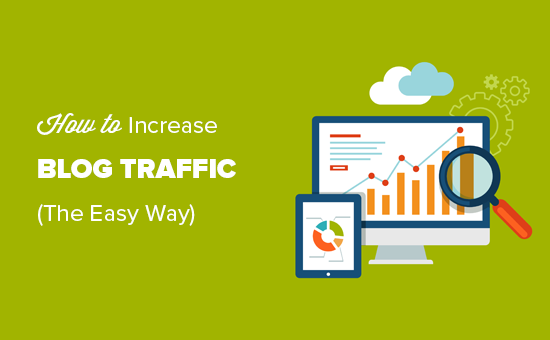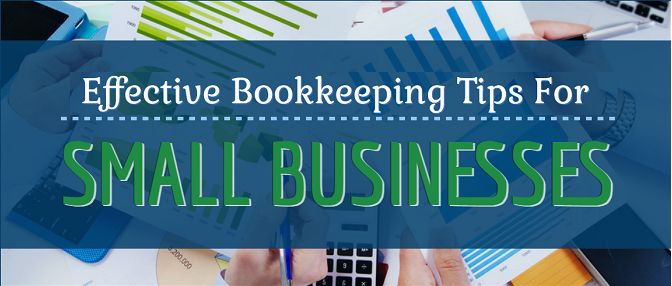Double-sided business cards have their admirers and their vigorous opponents. Some people love to fill the extra space on the back of a business card with more information, while others swear by leaving it blank for people to write notes. So how are you going to decide which one to go with when you’re designing your new business cards?
Here are the pros and cons of printing on both sides of your cards.
advantages
- By printing on both sides, you can include more information about your business without cluttering the front. These days there are so many useful contact details and URLs to share and you might want to add your Facebook page and Twitter account. Keep the front of the card simplified with the most essential information and put the rest on the back
- You can print fun, useful, or inspirational things on the back of your card that will make people want to keep your cards handy for reference. Value-added cards are more likely to have a longer lifespan, keeping your name in front of potential customers.
- More space to improve branding. Using the back of your card allows more room for graphics or photos that are based on your branding.
- You can print current special offers, add QR codes that link to a special offers page, and any other relevant information, on the back of your cards without cluttering up the front.
cons
- At networking events, many people like to scribble notes on the back of cards to remind themselves of their conversation or to jot down follow-up points. When the card is printed on both sides with no blank spaces, they can’t.
- When cards are filed in Rolodexes or card filing systems, only the front of the card can be seen. Similarly, people only tend to scan one side of a card. Therefore, all information on the back is lost as soon as the card is filed. Make sure all essential contact information is on the front of the card if you choose to print on both sides.
- It costs more to print double-sided business cards and takes a bit longer, as the ink has to dry on one side before the second side is printed. However, check with your printer about the additional cost. In some cases it won’t be much more and it may be worth it to you.
Despite the drawbacks, many people opt for double-sided cards, as they tend to look more sophisticated and allow for more creative graphics. Just avoid the pitfalls mentioned in the cons list: try to leave a white or light-colored space on the back that can be written on (ie no glossy varnish); make sure all vital contact information is listed on the front of the card. That way you can get the best of both sides of the debate.





